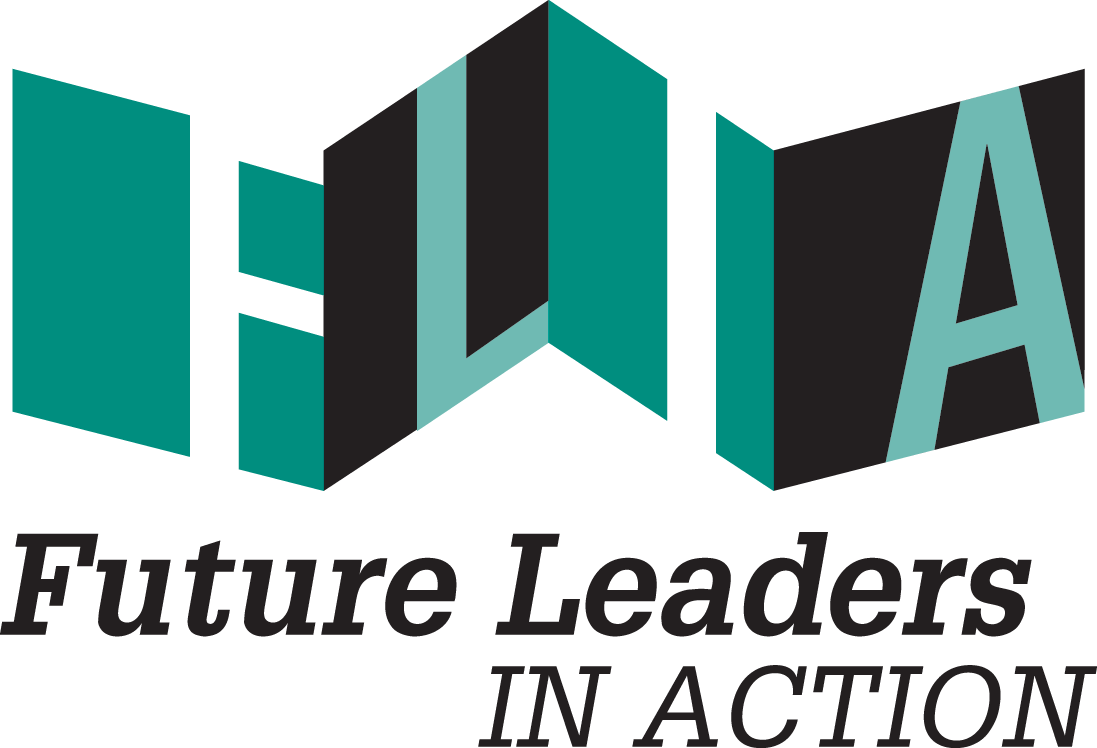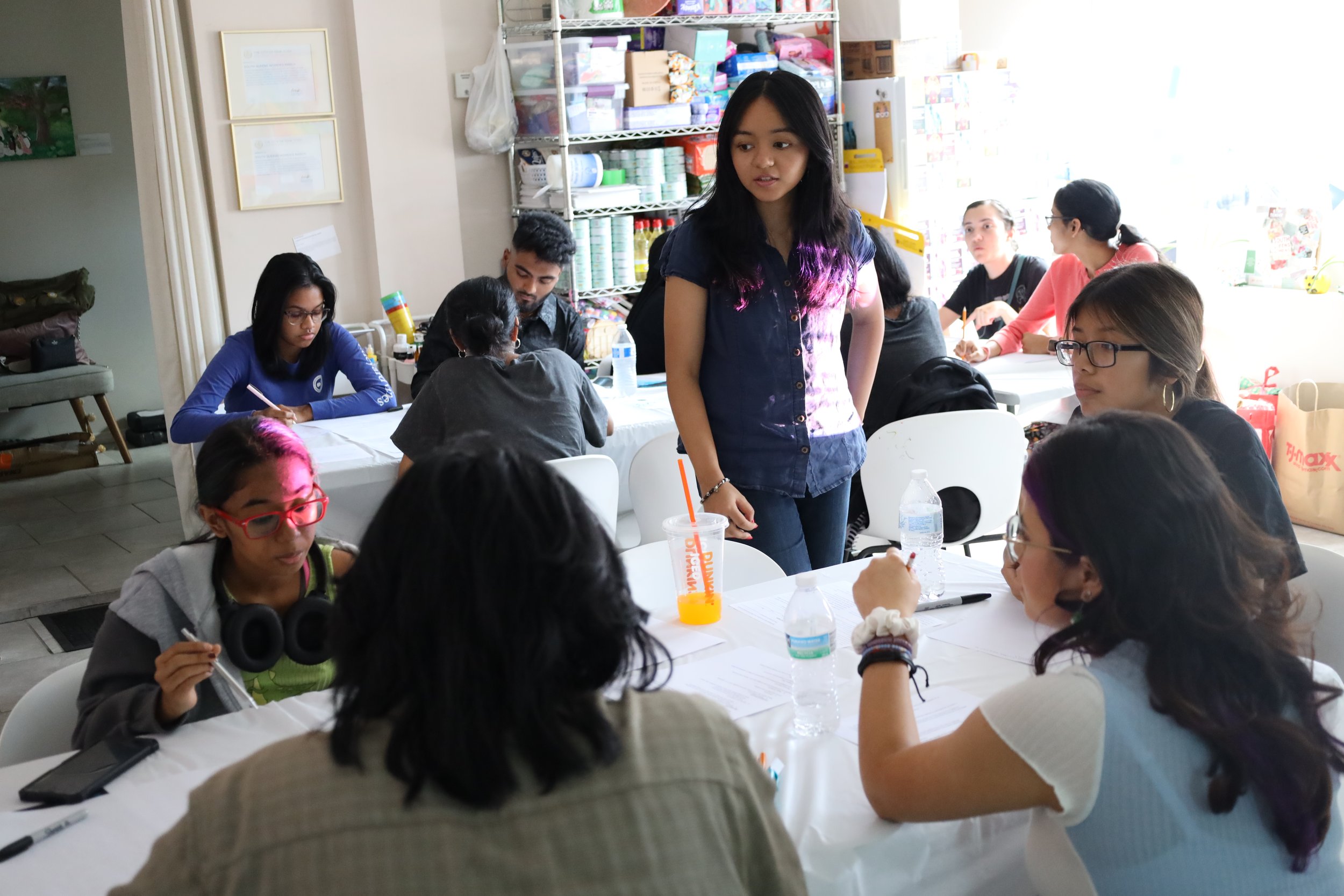As a first-generation South Asian woman, I have often found myself straddling two different worlds—balancing Western ideals with traditional values. These experiences have underscored the importance of creating safe spaces where everyone feels welcome and valued.
Growing up, I was often the only Nepali person around besides my family, which made me feel isolated. I have memories as far back as elementary school, where I translated documents and conversations for my parents and family to the best of my ability because Nepali translators and translation tools were not as widely available as they are today. More recently, I found the application process for high school and college challenging, having to mostly do my own research online to figure out what aligned with my goals and the expectations of my family.
Through conversations with friends and peers who had similar backgrounds, I realized that these experiences are not unique to me; many immigrant and first-generation kids face similar challenges.
Through conversations with friends and peers who had similar backgrounds, I realized that these experiences are not unique to me; many immigrant and first-generation kids face similar challenges. It’s upsetting that these young people, in particular, have to overcome significant barriers to achieve inclusivity and accessibility. This realization has led me to become passionate about hearing more people’s stories, advocating for better support systems, and creating spaces where they can feel a sense of belonging and empowerment.
This passion led me to the Whitney Museum, where I worked as an Access Intern and had the opportunity to understand accessibility on a larger scale. My experience there was profound, as I engaged with the museum’s various initiatives and access programs designed to ensure that art and cultural experiences are available to all, regardless of one's abilities. These programs taught me that accessibility extends beyond physical spaces to include creating environments where everyone can fully and equally participate. I witnessed firsthand how accessible resources are not just beneficial but necessary for strengthening and building communities. This role helped me understand that when people feel included and valued, they are more likely to contribute positively to their communities.
As I transitioned into my role as a fellow with Future Leaders in Action (FLIA) at South Queens Women’s March (SQWM), I brought this perspective and my own experiences with me. In particular, I have prioritized developing a curriculum that aims to create growth and community in the Rise Up & Lead Youth Summer Institute, an initiative designed to cultivate leadership qualities among young individuals. The program focuses on fostering various essential skills, such as public speaking, grassroots community organizing, and mental wellness. I have also emphasized including activities relevant to various aspects of the participants’ lives. For example, we have conducted workshops on public speaking and storytelling, which are not just about learning to speak confidently but also about helping youth find and use their voices to advocate for themselves and their communities. By creating a supportive and inclusive space, we aim to equip the young participants with the tools they need to become leaders in their communities.
Accessibility extends beyond just physical access to include creating environments where everyone can fully and equally participate.
Through my experiences, I have come to understand that accessibility extends beyond just physical access. For me, it means ensuring equitable resources and opportunities for everyone so that they have the support they need to thrive. I want to not just be a voice but also to give a voice to those who have been marginalized, ensuring that everyone has the opportunity to reach their full potential with the right tools for them.



